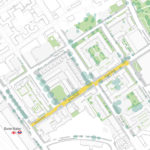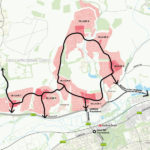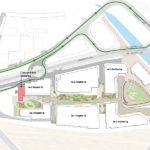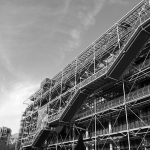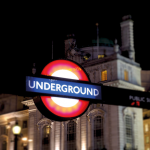What is a Business Improvement District (BID)?
A Business Improvement District (BID) is a defined area in which an additional levy is charged on all business rate payers, which allows local stakeholders to develop projects that will benefit businesses and the local area and help to promote a sense of “place”. As business-led and business funded bodies, BIDs can provide benefits such as business cost reductions through reduced crime or joint procurement, as well as more generally facilitating improved community engagement and a better balance between the needs of residents and the needs of business.
Momentum is currently taking an active part in the Hatton Garden BID, working with local stakeholders to improve the public realm for both Hatton Garden and Leather Lane Market and revitalise the area as a world-renowned business and visitor destination, improving the overall visitor experience, and enhancing Hatton Garden’s iconic status as the jewellery quarter in the Capital.
Did you know?
The first BID was established in Toronto in the 1960’s, in the Bloor West Village Business Improvement Area. The concept became increasingly popular in the UK following the Town Centre Movement (TCM), which relied on voluntary business contributions as a mechanism for securing a sustainable income for local areas. In England, BIDs were introduced through legislation in 2003 and by February 2017 there were 270 BIDs in the UK.
Responding to the growing population and associated business activity in the Capital, there are currently more than 50 BIDs across London, helping to accommodate shrinking public budgets and to allow for better relationships between government and entities like Transport for London (TfL). The Cheapside BID was the first in the City of London, and proved how popular such an approach can be with 84% of local businesses voting to pay the additional contribution.
The New West End Company is one of the largest BIDs in Europe, bringing together the commercial interests of property owners such as Land Securities and Frogmore, and over 600 retailers and West End businesses to collectively contribute over £700,000 annually. All of these stakeholders work closely with the Mayor of London, Transport for London, Westminster City Council, the Metropolitan Police and local neighbours to manage and develop this crucial retail area in London’s West End.
However, concerns have been raised that BIDs are becoming a local council’s default option, particularly on large scale new development, which can lead to existing businesses being priced out of an area through increases in general costs like rents and the business rate precept for major projects, as well as the higher BID contributions.
Read the rest of this article in our Summer edition of Connect

